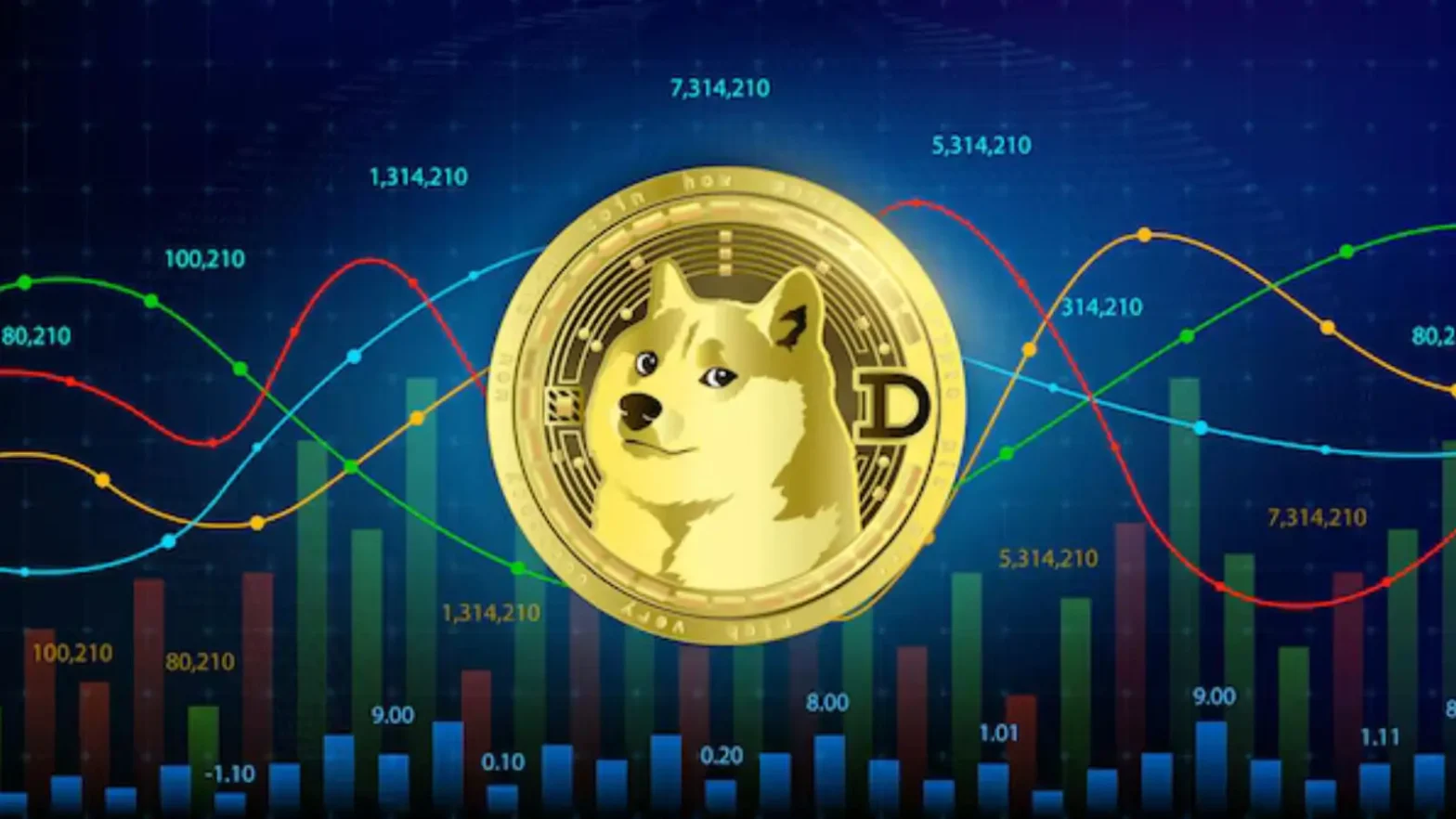Cryptocurrencies like Dogecoin have captured public attention for their quirky origins and meme-fueled momentum. But as the crypto world matures, many investors are looking beyond the hype and exploring Dogecoin alternatives cryptocurrency options that offer more robust use cases, better scalability, or long-term potential.
If you’ve enjoyed the ride with Dogecoin but are curious about what else is out there—whether you’re seeking better tech, faster transactions, or simply a different vibe—this guide is for you.
Let’s first understand why Dogecoin became such a popular choice in the first place.
Why Dogecoin is a Nice Choice for Crypto Enthusiasts
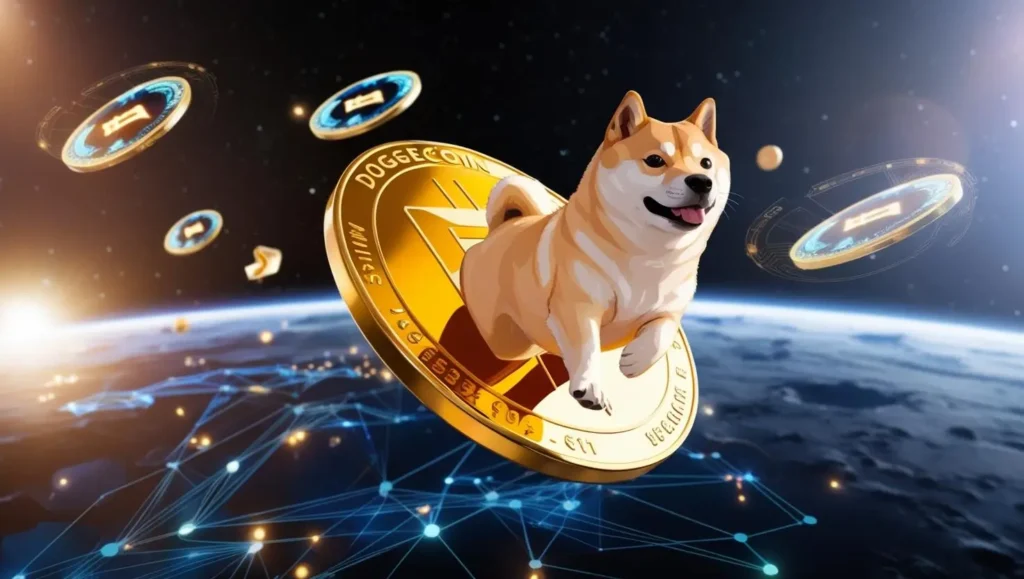
Dogecoin began as a joke in 2013, but it turned into one of the most talked-about cryptocurrencies in the world.
Unlike many crypto projects born out of whitepapers and complex technical visions, Dogecoin was lighthearted, community-driven, and approachable—traits that made it surprisingly attractive to both new and seasoned investors.
Here’s why Dogecoin stood out:
Strong Community & Branding: The Shiba Inu meme gave Dogecoin a personality. It quickly formed a passionate online community, making it one of the most socially active coins on platforms like Reddit and Twitter.
Low Transaction Fees: Dogecoin transactions are fast and cheap, making it a popular option for tipping, microtransactions, and even charitable donations.
High Liquidity: Listed on nearly every major exchange—including Binance, Coinbase, and Kraken—Dogecoin is easy to buy, sell, and trade.
Celebrity Endorsement: Elon Musk and other influencers helped catapult Dogecoin into the mainstream spotlight, further fueling demand and price spikes.
Although Dogecoin has gained the favor of many investors, it lacks advanced smart contract functionality and has limited development activity compared to newer blockchain projects.
That’s why many investors are looking into Dogecoin alternatives cryptocurrency options that offer more utility or long-term potential.
The 12 Best Dogecoin Alternatives Cryptocurrency Options

While Dogecoin remains a fan favorite, it’s essential to explore cryptocurrencies that offer more than internet fame.
From improved transaction speeds to advanced utility in decentralized applications, these Dogecoin alternatives cryptocurrency choices bring serious innovation to the table.
Whether you’re looking for coins with strong communities, smart contract capabilities, or real-world adoption, this curated list covers the most compelling options you should consider today.
1. Shiba Inu (SHIB)
Shiba Inu is often seen as Dogecoin’s most direct rival, and for good reason. Launched in August 2020 by an anonymous developer known as “Ryoshi,” SHIB branded itself as the “Dogecoin killer.”
What started as another meme coin has grown into a multi-token ecosystem with serious community backing, DeFi features, and NFT integrations.
What sets Shiba Inu apart from Dogecoin is its ambitious roadmap. The team behind SHIB has built an entire ecosystem, including ShibaSwap, a decentralized exchange, and plans for a metaverse project known as Shib:
The Metaverse. This has allowed SHIB to evolve from a joke to a legitimate DeFi player.
SHIB also uses the Ethereum blockchain, which means it benefits from Ethereum’s massive infrastructure. This enables SHIB to integrate with other decentralized applications (dApps), making it far more versatile than Dogecoin.
It’s also a deflationary token—unlike Dogecoin, which has an unlimited supply, SHIB burns a portion of its supply to control inflation.
Another strength is its community. The “ShibArmy” is one of the most active online crypto communities, consistently trending on Twitter and Reddit.
Their grassroots efforts have helped SHIB gain listings on major exchanges and increase adoption, including integration into payment systems like BitPay.
While Shiba Inu shares Dogecoin’s meme origins, it has gone a step further by incorporating utility, governance, and decentralized finance—all of which position it as one of the top Dogecoin alternatives cryptocurrency investments available today.
Related: Top Female Celebrities into Cryptocurrency
2. Litecoin (LTC)
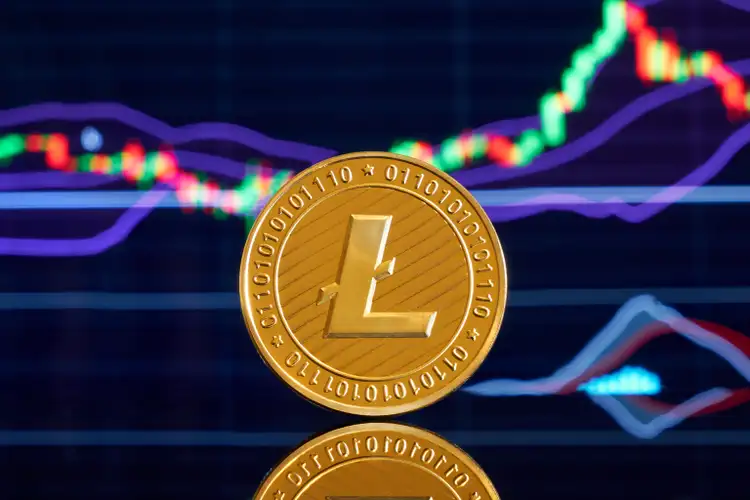
Often referred to as the “silver to Bitcoin’s gold,” Litecoin is one of the oldest and most respected cryptocurrencies in existence.
Created in 2011 by former Google engineer Charlie Lee, Litecoin was designed to improve upon Bitcoin’s shortcomings, particularly transaction speed and fees.
Litecoin offers faster block generation (2.5 minutes compared to Bitcoin’s 10 minutes), allowing for quicker transaction confirmations.
Its lower transaction fees make it ideal for day-to-day use, much like Dogecoin—but with a more technically sound and secure foundation.
What makes Litecoin a powerful alternative to Dogecoin is its commitment to innovation.
It was among the first to adopt Segregated Witness (SegWit) and implement the Lightning Network, a second-layer solution that allows for near-instantaneous transactions.
Litecoin is also experimenting with MimbleWimble technology for enhanced privacy features.
Unlike Dogecoin, which has an unlimited supply, Litecoin has a hard cap of 84 million coins, making it a deflationary asset. This scarcity model can make it more appealing to investors focused on long-term value retention.
Backed by solid infrastructure, a proven history, and consistent development, Litecoin provides a blend of security, speed, and reliability—key reasons it stands tall among Dogecoin alternatives cryptocurrency.
Read: Can I Buy Fractional Bitcoins?
3. Cardano (ADA)
Cardano is a third-generation cryptocurrency that focuses on creating a more secure and scalable blockchain network through a research-driven approach.
Founded by Charles Hoskinson, a co-founder of Ethereum, Cardano aims to solve the trilemma of blockchain: decentralization, security, and scalability.
Cardano uses a unique proof-of-stake (PoS) protocol called Ouroboros, which is more energy-efficient than Dogecoin’s proof-of-work system. This makes it an environmentally friendly choice, especially relevant in today’s eco-conscious investing climate.
The platform has a strong emphasis on academic research and peer-reviewed protocols, which lends it credibility in enterprise and government adoption.
Cardano is also home to smart contracts and dApps, thanks to the Alonzo upgrade, giving it functionality far beyond that of Dogecoin.
Its native token, ADA, is used for staking and governance, meaning holders can vote on proposals that shape the future of the network.
This decentralization and community involvement mirror Dogecoin’s grassroots appeal, but with a more structured and forward-thinking foundation.
For investors looking for serious long-term potential, Cardano is more than just a Dogecoin alternative—it’s a smart investment in the future of decentralized finance and global infrastructure.
4. Polkadot (DOT)
Polkadot is a next-gen blockchain platform designed to connect multiple blockchains into one unified network.
Created by Gavin Wood, another Ethereum co-founder, Polkadot aims to address blockchain fragmentation through a system of interoperable parachains.
Unlike Dogecoin, which serves primarily as a currency, Polkadot is a full-fledged ecosystem for Web3 development.
Developers can build customized chains using Polkadot’s Substrate framework, allowing them to focus on innovation without worrying about network congestion or high gas fees.
Polkadot’s shared security model is one of its most innovative features. It enables new blockchains to plug into the main Relay Chain and benefit from its robust security protocols—something Dogecoin cannot offer.
DOT, the native token, is used for governance, staking, and bonding. It plays a vital role in the network’s self-sustaining model, rewarding participants while maintaining decentralization.
For those seeking a highly scalable, future-proof platform, Polkadot is a highly functional Dogecoin alternative cryptocurrency that’s built for much more than transactions.
5. Solana (SOL)
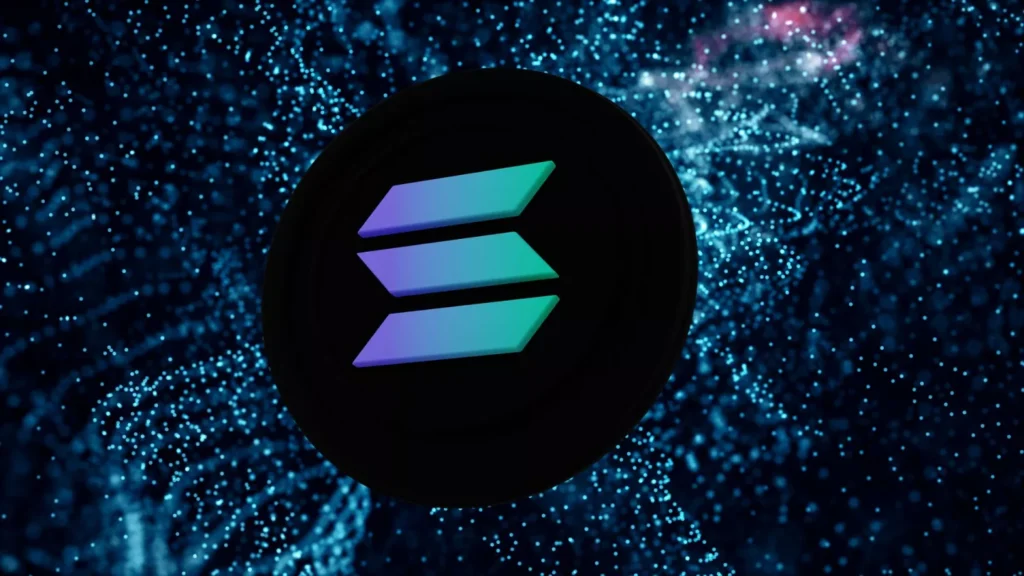
Solana has rapidly grown into one of the most talked-about blockchain platforms, known for its blazing-fast transaction speeds and near-zero fees. Launched in 2020, Solana has become a go-to network for NFTs, DeFi, and Web3 applications.
The network’s unique proof-of-history (PoH) mechanism—combined with proof-of-stake—allows Solana to process over 65,000 transactions per second, far outpacing Dogecoin and even Ethereum in throughput.
One of Solana’s key strengths is its robust developer ecosystem. From NFT marketplaces like Magic Eden to DeFi platforms like Raydium, Solana supports a wide array of real-world applications.
This level of functionality makes it a serious contender for anyone exploring alternatives to meme-based coins like Dogecoin.
SOL, the native token, is used for transaction fees and staking, and it has seen significant institutional interest due to its speed and scalability.
Despite occasional network outages, Solana continues to evolve and remains one of the most promising high-performance blockchains.
If you’re seeking a Dogecoin alternative that offers speed, scalability, and real utility, Solana deserves your attention.
Compare: Can I Sell My Bitcoins Now?
6. Avalanche (AVAX)
Avalanche is another high-performance blockchain platform built for speed, scalability, and smart contracts.
Created by Ava Labs and launched in 2020, Avalanche offers near-instant finality on transactions and supports over 4,500 TPS (transactions per second).
Avalanche introduces a unique consensus mechanism that uses multiple subnets and validators, allowing the network to scale without sacrificing decentralization.
Compared to Dogecoin, which relies on the slower proof-of-work model, Avalanche is designed for the next wave of decentralized applications and enterprise use.
One of its standout features is custom blockchain creation. Developers can spin up their own interoperable networks within the Avalanche ecosystem, tailored to specific needs. This opens up limitless possibilities for gaming, finance, and more.
AVAX, the native token, is used for governance, staking, and paying fees. It has quickly gained popularity for being environmentally friendly, scalable, and developer-friendly—all crucial traits for a strong Dogecoin alternative.
7. Floki Inu (FLOKI)
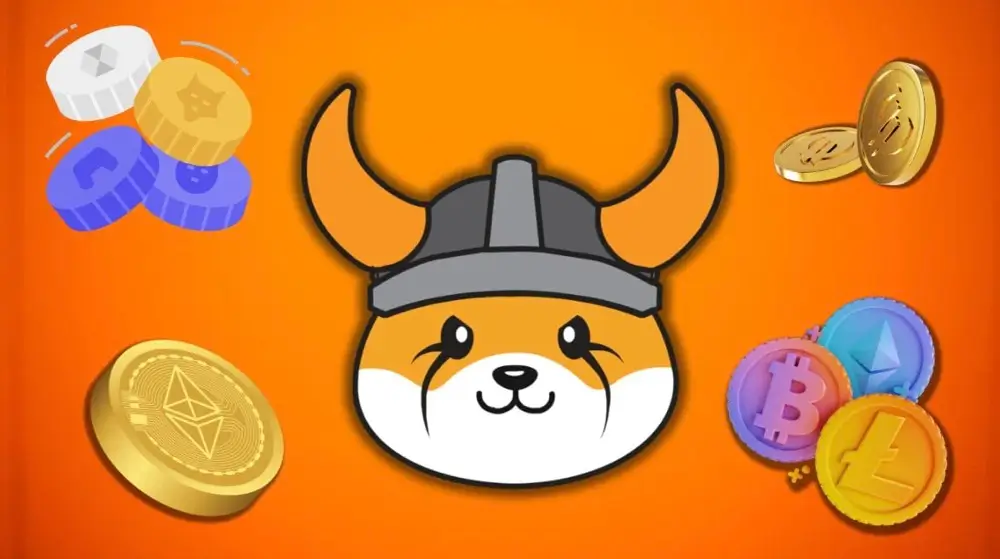
Floki Inu, inspired by Elon Musk’s dog (also named Floki), is another meme-based cryptocurrency that has managed to gain serious traction.
What sets it apart from Dogecoin is its clear strategic roadmap, which includes a suite of real-world products and services.
Unlike Dogecoin, which remains mostly transactional, Floki Inu has expanded into NFTs, gaming, and education.
Their flagship projects include Valhalla, a play-to-earn NFT metaverse game, and Floki University, an educational platform aimed at onboarding the next generation of crypto users.
Floki Inu also boasts a massive marketing campaign with global visibility—ads on buses, trains, stadiums, and billboards. This aggressive branding has helped it gain mainstream awareness and drive adoption far beyond niche crypto circles.
It runs on both Ethereum and Binance Smart Chain, offering flexibility and reduced gas fees for users. Though it shares meme DNA with Dogecoin, FLOKI is executing on utility in a way Dogecoin never has.
For those who enjoy the culture and energy of Dogecoin but want more use cases, Floki Inu is an appealing alternative.
8. Chainlink (LINK)
Chainlink is a decentralized oracle network that plays a crucial role in connecting smart contracts with real-world data. Unlike Dogecoin, which functions only as a currency, Chainlink has infrastructure-level importance in the blockchain world.
Smart contracts are limited without access to off-chain data (like weather, prices, or APIs), and Chainlink solves this by securely feeding that data into blockchains.
It’s already being used by leading DeFi platforms such as Aave, Synthetix, and Compound.
LINK, the native token, is used to compensate data providers and node operators, ensuring the integrity and security of the network. Chainlink is also blockchain agnostic, meaning it can serve Ethereum, Polkadot, Binance Smart Chain, and more.
While Dogecoin thrives on community and hype, Chainlink thrives on necessity. It’s not flashy—but it’s foundational.
For serious investors looking for long-term utility, Chainlink is a top-tier Dogecoin alternative cryptocurrency.
9. Polygon (MATIC)
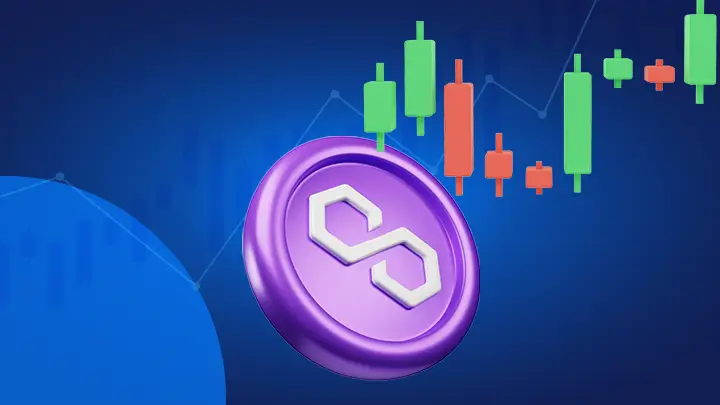
Polygon is a Layer 2 scaling solution for Ethereum that aims to solve the network’s issues with high fees and slow transaction speeds.
If you like Dogecoin’s low fees but want exposure to the massive Ethereum ecosystem, Polygon is a compelling choice.
Polygon uses sidechains to process transactions off Ethereum and then settle them back on-chain, dramatically improving speed and reducing costs.
This has made it a go-to platform for DeFi, gaming, and NFT projects looking for performance without sacrificing Ethereum compatibility.
MATIC, the native token, is used for fees, staking, and governance. The network has also launched Polygon zkEVM, a zero-knowledge scaling solution that brings even greater speed and efficiency.
For users who love Dogecoin’s accessibility but want deep integration with Ethereum and real smart contract power, Polygon is one of the best options out there.
10. Stellar (XLM)
Stellar is a blockchain project focused on cross-border payments and financial inclusion. Founded by Jed McCaleb (co-founder of Ripple), Stellar aims to make money transfers as easy and cheap as sending an email.
Dogecoin is often used for tipping and peer-to-peer transfers, but Stellar takes this concept to a global scale. It can settle thousands of transactions in seconds for a fraction of a cent, making it ideal for remittances, micropayments, and tokenized assets.
XLM, the native token, acts as a bridge currency between fiat and crypto. It facilitates fast, affordable, and transparent transactions, which have attracted partnerships with IBM, MoneyGram, and even central banks exploring CBDCs.
If you’re looking for a Dogecoin alternative that brings real-world impact to underserved communities, Stellar is a powerful choice.
11. VeChain (VET)
VeChain is a blockchain platform focused on supply chain management and enterprise integration. While Dogecoin is fun and casual, VeChain is all business—designed to improve transparency, traceability, and efficiency across industries.
It uses two tokens: VET for value transfer and VTHO for paying transaction fees. This dual-token model separates speculation from utility, creating a more stable and scalable system.
VeChain has partnered with global giants like BMW, Walmart China, and DNV. Its technology is used to authenticate luxury goods, track food safety, and optimize logistics—all verifiable through its blockchain.
For investors who want a Dogecoin alternative with real-world enterprise use, VeChain offers substance over sentiment.
Read: How to Store Your Crypto Offline Using Cold Wallet
12. Algorand (ALGO)
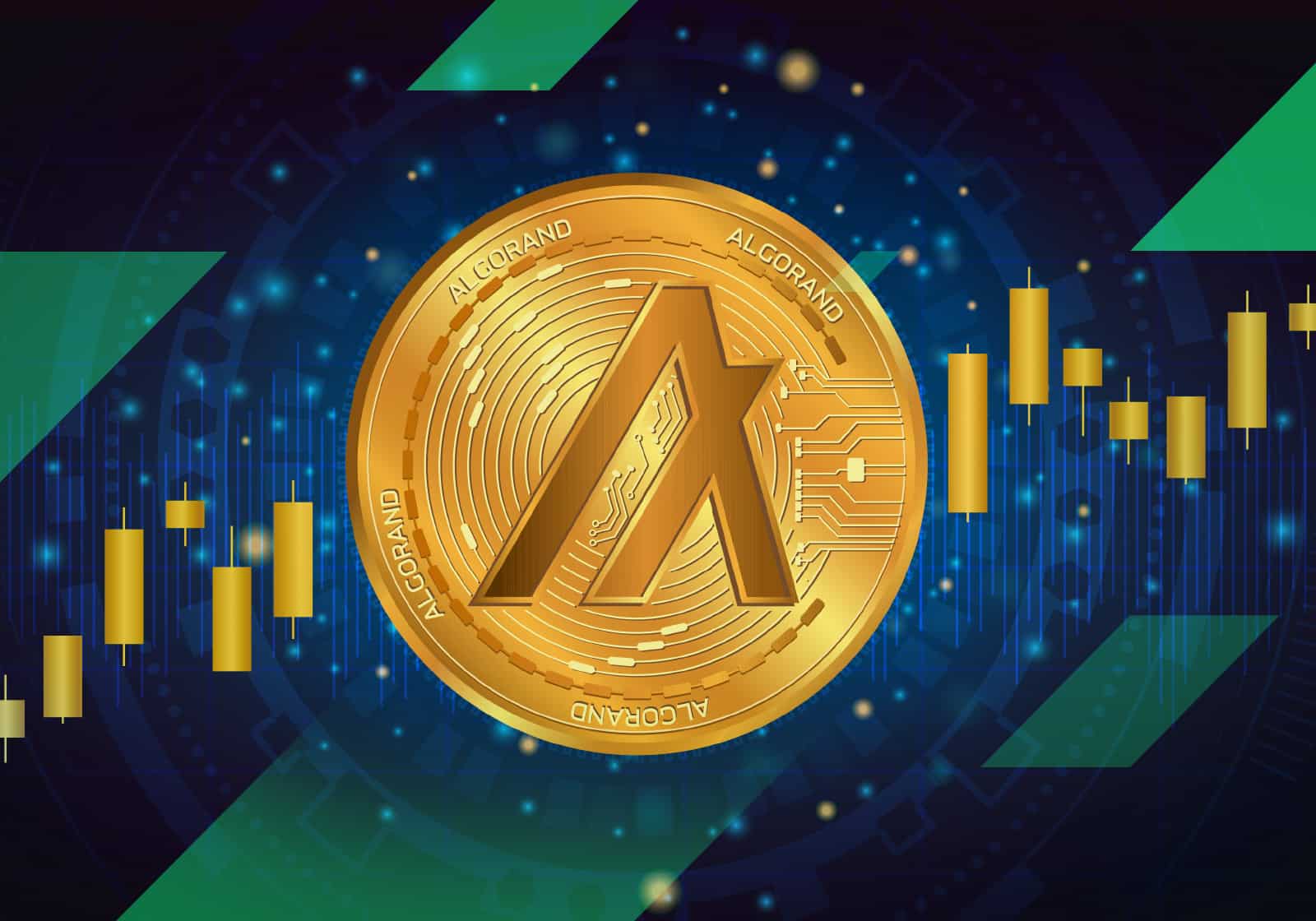
Algorand is a pure proof-of-stake blockchain known for its speed, low costs, and scalability. Founded by MIT professor Silvio Micali, Algorand can process over 1,000 transactions per second, with finality in under five seconds.
It supports smart contracts, DeFi applications, and NFTs, and its energy-efficient model has made it a favorite among eco-conscious projects and governments.
Algorand is actively used in Central Bank Digital Currency (CBDC) trials, particularly in the Caribbean and Latin America. Its blockchain is designed to be compliant, scalable, and developer-friendly.
If you’re looking for a Dogecoin alternative that combines technological innovation with practical application, Algorand is one of the strongest contenders.
Dogecoin Alternatives Cryptocurrency FAQs
Q1: Why should I look for Dogecoin alternatives cryptocurrency options?
A: While Dogecoin is fun and easy to use, it lacks advanced features like smart contracts and scalability. Exploring alternatives allows you to invest in cryptocurrencies that offer real-world utility, long-term potential, and deeper use cases across DeFi, NFTs, and enterprise solutions.
Q2: Are Dogecoin alternatives more profitable in the long term?
A: Many Dogecoin alternatives like Cardano, Solana, and Polkadot have shown greater utility and consistent development. These projects often attract institutional interest and developer ecosystems, which could lead to stronger long-term growth compared to meme-based tokens.
Q3: Can I hold Dogecoin and its alternatives together?
A: Absolutely. Diversifying your crypto portfolio with a mix of Dogecoin and its alternatives helps spread risk and maximize potential rewards. You can hold meme coins like SHIB and FLOKI alongside infrastructure-focused tokens like Chainlink or Avalanche.
Q4: Are these Dogecoin alternatives beginner-friendly?
A: Yes. Most of the top alternatives—like Polygon, Stellar, and Litecoin—are supported on major exchanges such as Binance and Coinbase. They’re accessible to beginners and often come with educational resources and staking options for passive income.
Q5: Which Dogecoin alternative is best for real-world use?
A: If you’re focused on real-world applications, coins like Stellar (XLM) for cross-border payments, VeChain (VET) for supply chain, and Algorand (ALGO) for enterprise and CBDCs offer strong use cases that go beyond speculation.
Final Thoughts on Dogecoin Alternatives Cryptocurrency
Dogecoin may have paved the way for meme coins and fun entry points into the world of crypto, but the ecosystem has evolved dramatically. Today, investors are leaning toward projects that bring utility, scalability, security, and long-term vision to the table.
The best Dogecoin alternatives cryptocurrency options offer a diverse set of strengths—from the high-speed transactions of Solana, to the DeFi capabilities of Avalanche, and the global payment focus of Stellar.
Whether you’re a newcomer looking for accessible coins or a seasoned investor searching for innovative platforms, these alternatives provide far more depth than Dogecoin alone.
🔁 Quick Recap: Top Dogecoin Alternatives Cryptocurrency Picks
- Shiba Inu (SHIB) – Meme coin with serious DeFi potential
- Litecoin (LTC) – Fast and reliable digital cash
- Cardano (ADA) – Smart contract platform backed by academic research
- Polkadot (DOT) – Interoperability and parachains
- Solana (SOL) – Ultra-fast and low-cost transactions
- Avalanche (AVAX) – Custom blockchains and DeFi growth
- Floki Inu (FLOKI) – Meme + metaverse + education
- Chainlink (LINK) – Oracle network connecting real-world data
- Polygon (MATIC) – Ethereum scaling with smart contracts
- Stellar (XLM) – Cross-border payments and financial inclusion
- VeChain (VET) – Supply chain and enterprise adoption
- Algorand (ALGO) – Green blockchain for scalable applications
👉 Ready to diversify beyond Dogecoin?
Start exploring these innovative projects today—even $10 can go a long way in crypto if you choose wisely. Whether you’re after fun, function, or future-proof tech, there’s a Dogecoin alternative out there for you.

